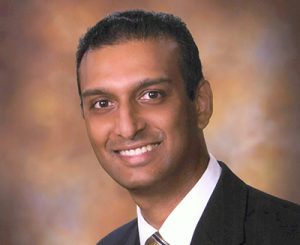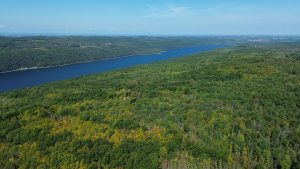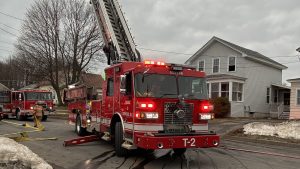CORTLAND, N.Y. — SUNY Chancellor Jim Malatras and SUNY Cortland President Erik Bitterbaum on Tuesday announced a two-week extension to Cortland’s pause on all in-person classes and activities “to stabilize COVID cases on campus.”
At 166 active cases, SUNY Cortland has surpassed the 100-case threshold that triggers an immediate shift to exclusively remote learning for two weeks, as mandated by the New York State Department of Health.
Under state guidance, residential facilities will remain open and students will stay on campus through this second two-week pause. Remote learning will continue through Nov. 3, per SUNY’s Tuesday news release.
(Sponsored)

Protecting your family business is more than financial and estate planning
By Lindsay Usherwood General Counsel I want to roll back the title of Ask the Expert because I don’t believe anyone can be an expert in family business. It is

Can a Generative AI Use Policy for the Workplace Help Protect Sensitive Data?
Artificial intelligence is a buzzword for many industries. It has good and bad effects on the future of creating content, finding information, and other uses. So, what does this mean
SUNY Cortland previously paused in-person learning and activities on Oct. 5 following an increase in cases of COVID-19.
Additional SUNY Cortland students are under review this week for suspension for their involvement in parties, gatherings, and other “reckless behavior” that is contributing to the virus spread on campus, SUNY contended. Their actions violate SUNY’s uniform emergency safety directive, which went into effect on Oct. 1.
In response, Malatras is directing University Police to work with local law enforcement agencies to increase safety enforcement efforts in off-campus student neighborhoods.
SUNY Upstate Medical University has deployed its mobile-testing van to Cortland to increase pooled-surveillance testing over the next two weeks. The state Health Department is also employing 25 additional case investigators who will work with the Cortland County Health Department.
The state Health Department has 225 contact tracers working in the Central New York and Southern Tier regions, SUNY said.




